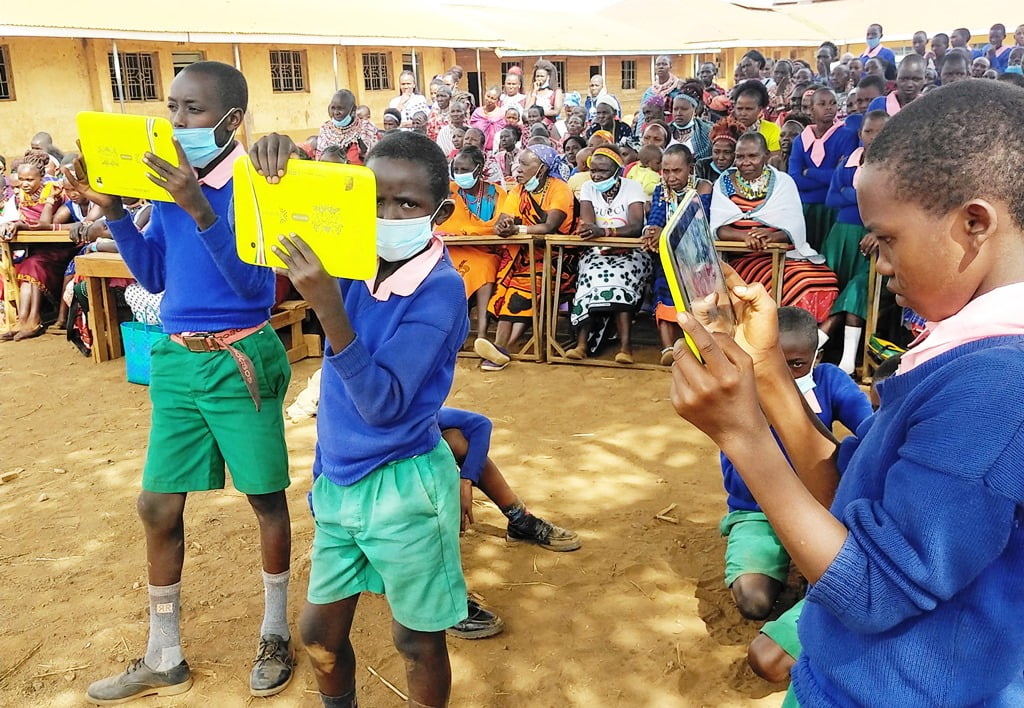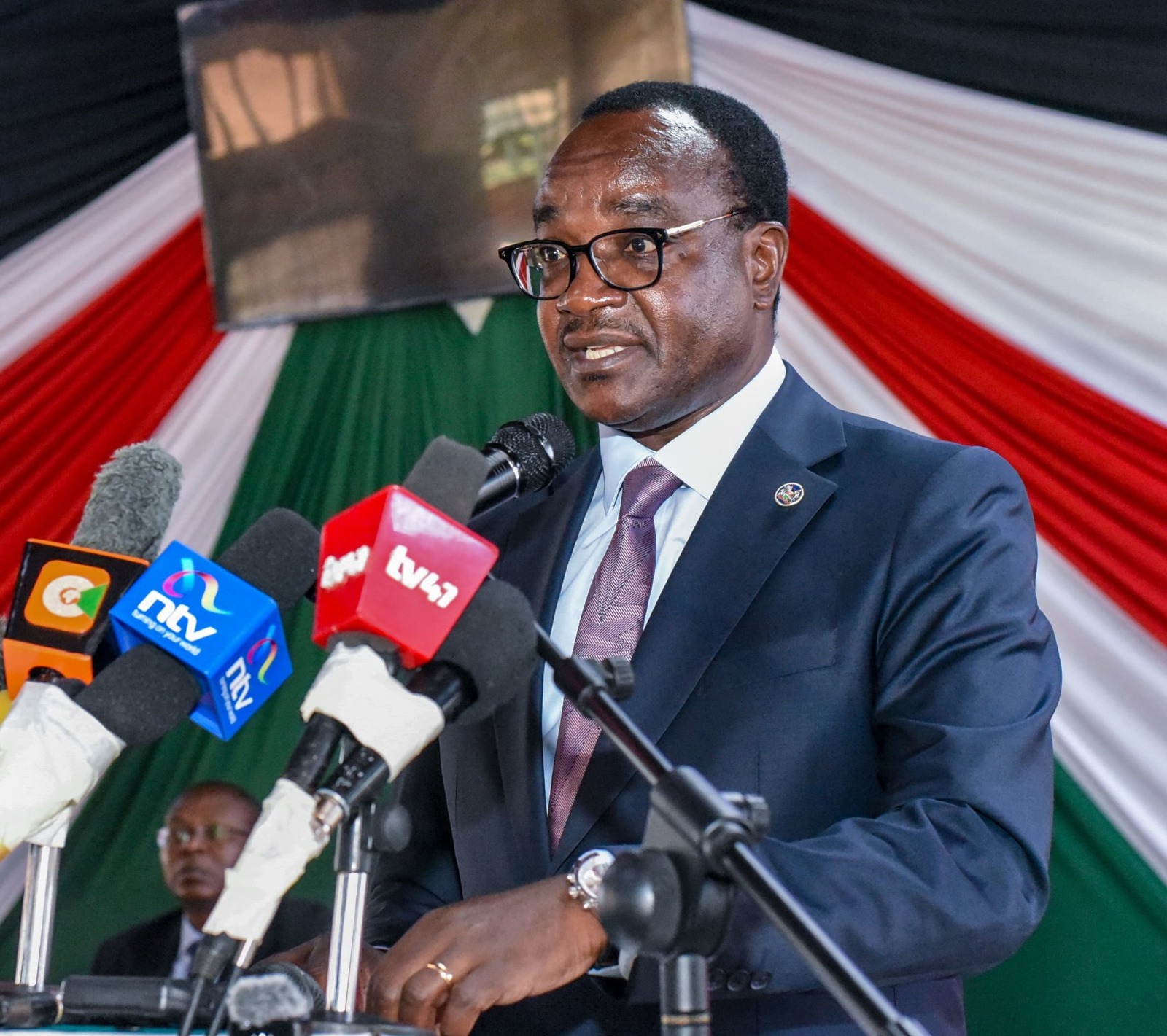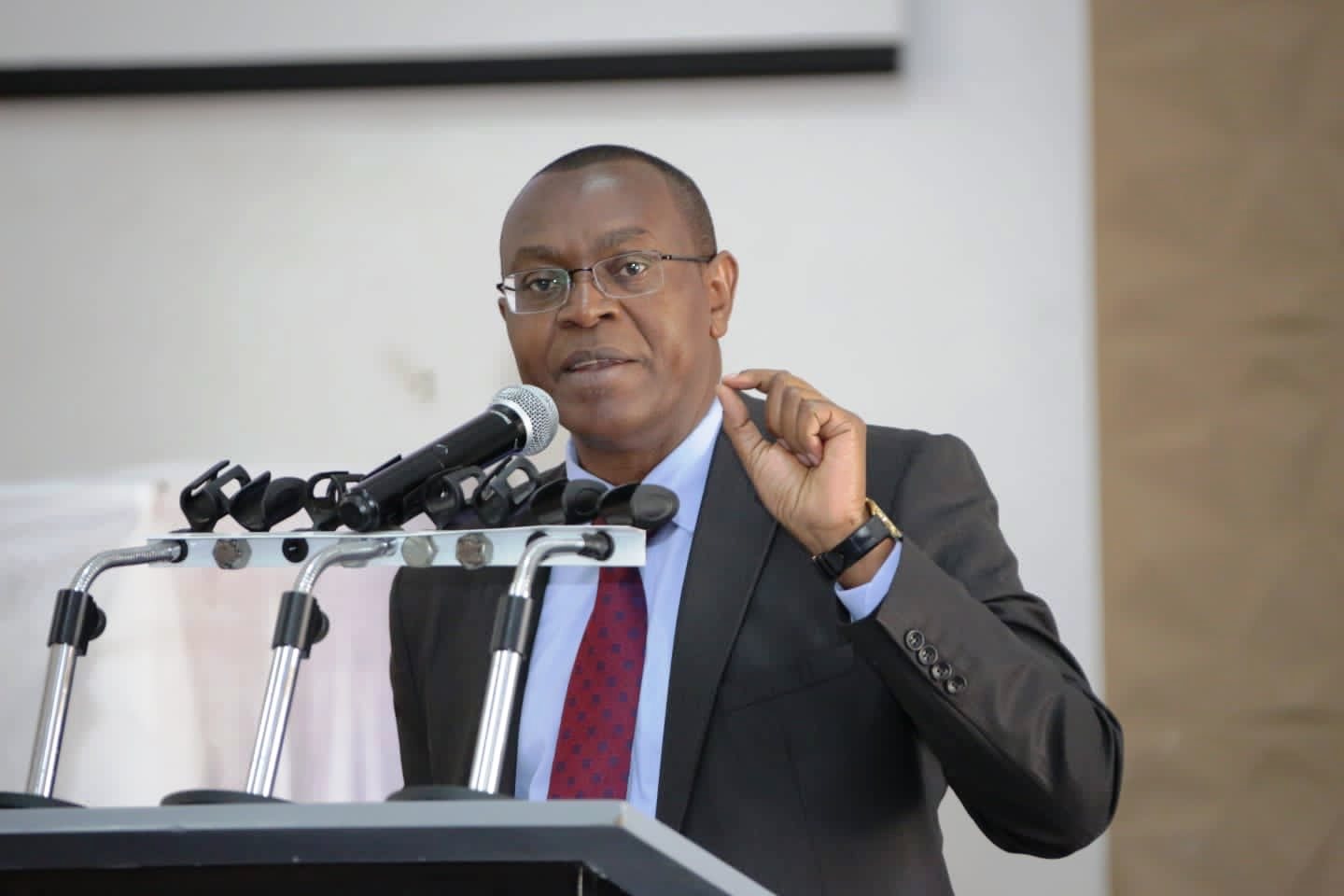By Robert Nyagah
Nearly four years since the Competency Based Curriculum (CBC) started being rolled out it is now set to undergo thorough scrutiny by education experts and stakeholder following the creation of task force to review it by President Dr. William Ruto.
Its birth, the CBC appeared to have been a bouncing “baby” set to conquer the basics of vaccinations, stand up and stagger towards attainment of academic milk teeth, chew some light books first and move to tougher academic bones.
But now even before it reaches its fourth birthday, so many things have gone wrong and it must be admitted at hospital where it could even undergo surgery in the hands of the President’s task force.
Local and international experts have been discussing the CBC – perhaps the foremost handle the Kenya Kwanza administration under President Ruto is expected to tackle given that education remains the main pillars’ of the Country’s future development.
The national rollout of Competency Based Curriculum was launched in January 2019 at Pre-Primary I and II and Grades One, Two and Three in lower primary.
Correctly, the CBC had been designed to connect with the Kenya Vision 2030 to drive growth aimed at fixing what appeared to be an apparent disconnect between the theory taught in school and real scenario in the world of work.
The Kenya Institute of Curriculum Development (KICD) team designed it before it was launched by the Ministry of Education in 2017 mainly to emphasize the significance of developing skills and knowledge and apply those competencies to real life situations.
With cumulative approach to assessment where a learner’s achievement could be measured and the scores stored until they completed their primary education at Grade Six it was envisaged that this would reduce the hitherto controversial system where cut throat examination competition was the norm.
Amidst all the controversy, an international expert on education and the regional director of the Education Development Trust (EDT) Mr. Richard King defends the system arguing that the skills inherent in CBC remained critical in preparing 21st Century learners for the future although the hard part was to make the implementation practical.
The expert says that the curriculum and TVET were as good as the teachers mandated to deliver it emphasizing that recognition of the teacher in the manifesto remained a mark of vision and purpose.
According to Mr. King it had been ascertained that there was no better education investment than in teachers’ quality hence President William Ruto’s decision to establish an Education Reform Taskforce on the Competency-Based Curriculum (CBC) demonstrated his strong political will for education transformation.
Education, Mr. King declared was a major policy issue for the new government and in that case perhaps the most important thing to get right for any government because it builds future citizens, the workforce, and was the greatest equalizer that ensured equity.
The EDT is an international not-for-profit organization working to improve education outcomes and raise education standards, deliver innovation in schools and help teachers to improve their quality of instruction. It has branches in Kenya among other countries in Africa and across the world.
The organization also strives to empower educators to effect sustainable and cost-effective transformation in their schools apart from reducing disparities in educational outcomes.
He called for provision of opportunities for peer teaching, mentorship and coaching and recognition for those teachers leading their peers noting that this would create a ripple effect to spread instructional excellence countrywide.
In defending the CBC, the education expert insisted that the skills inherent in CBC were critical to preparing 21st Century learners for the future although the hard part was making the implementation practical.
The CBC curriculum and TVET, according to Mr. King were as good as the teachers mandated to deliver them hence the recognition of the teacher in the manifesto needed to be appreciated as mark of vision and purpose.
While insisting that the CBC should not be scrapped Mr. King argues that it remained a key education policy and provided the blueprint for the type of learners a country schools wanted to nurture.
While commending the Kenya Kwanza administration for paying attention to CBC implementation, Mr. King confesses that having supported Rwanda to develop a similar curriculum seven years ago, he appreciated that skills inherent in CBC remained critical to preparing 21st Century learners for the future.
Although the hard part by the Kenya Kwanza government was in making the CBC implementation practical, the expert said that that connecting education to the world of work was necessary and would support Kenya to realize its youth dividend.
Defending teachers for their prospective role in making the CBC a success, Mr. King called for their full involvement in reforming the CBC. Said Mr. King, “there is no better education investment than in teacher quality. The quality of an education system cannot exceed the quality of its teacher”.
Teacher supply, particularly in the arid and semi-arid lands (Asal), he said remained a critical challenge to the country’s education system, adding that the policy on teacher deployment and incentive offers remained good initiatives.
He called for provision of opportunities for peer teaching, mentorship and coaching and recognition for those teachers leading their peers noting that this would create a ripple effect to spread instructional excellence countrywide.
The expert stressed the need for professional implementation of the CBC noting that this would ensure children were not left out when it came to chances to access to quality education especially against a background in which in 2019 alone more than a million children of primary school-going age were not in class.
Issues which arouse over the fact that about six out of 10 children faced what the World Bank defined as ‘learning poverty’—not being able to read a simple text by the age of 10, Mr. King felt would be tackled by the CBC.
Technology, he said remained key in addressing some of the barriers to access and quality with Covid-19 pandemic having demonstrated the potential available when it made virtual learning possible during the prolonged shutdown of schools.
Kenya he said needed to expand investments in appropriate ICT infrastructure. Therefore, focusing on the Special Service Tariff to build a stronger schools’ tech ecosystem –rather than hardware.






